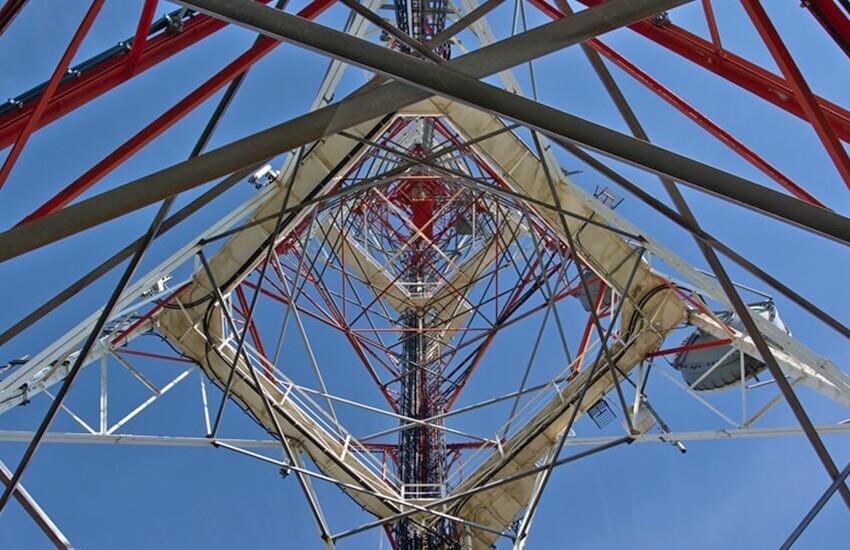The instant need for more digital connectivity due to Covid-19’s social restrictions, strained the entire telecommunications industry. With limits on how services could be delivered, new solutions were needed to deliver essential services.
As telecom services look for ways to cope with the demand, four technologies have gained prominence: AI, IoT, remote diagnostics, and predictive maintenance.
IoT enables intelligent device and asset connectivity. For telecom, this connects technicians with equipment data, service recommendations, and customer insight. IoT makes remote work, connection, and communication possible.
Artificial Intelligence applied to field services brings the ability to act proactively and predictively. Device and workforce resource data can now be turned over to AI for optimization.
AI’s processing power frees technicians from wasting time handling data processing, device analysis, and resource sourcing. Technicians can be moved to higher skilled, personalized work.
AI works symbiotically with IoT devices, through real-time intelligent data analytics. New field service solution trends are emerging, based on the capabilities this makes possible.
Trending Telecom Field Service Solutions
Remote Diagnostics
Field service software that uses artificial intelligence to monitor IoT devices, can remotely diagnose devices. Technicians can connect with real-time remote diagnostics, for job assistance.

Automated Service
Once diagnosed, field service automation software can use artificial intelligence to repair and resolve device issues, without ever needing a technician.
Predictive Maintenance
Machine learning software uses the device data it receives to predict when issues will occur. Service management software then arranges for these problems to be fixed either by AI or through a technician. Customers finally receive help at the right time.

Intelligent Work Order Management
One persistent customer service issue is technicians not having the parts they need to resolve a problem. With remote diagnostics, technicians know exactly what the issues are and what they’ll need to fix it. Predictive AI takes this a step further, since parts can be ordered before problems even occur. This is especially helpful for items that take long to source.
Smart Scheduling
Dispatch software uses predictive maintenance analysis, demand forecasting, and personnel availability to optimize work planning and labour schedules.

Smart Vendor Management
Multiple vendor management is complicated, for any organization. Finding the service vendor with the right technician, who is available when needed can take exorbitant amounts of time. With AI in play, vendor management software can instantly pick out the vendor with ideal personnel.
Remote Asset Management
The days of manual asset tracking, data collection, and monitoring are over. Field service goes smart with real-time IoT asset data transmission and AI analytics. Field service technicians can direct their energies to more rewarding work.

Mobile Field Offices
Field technicians now have access to a full range of customer and job information with mobile field management software.
Customer friendliness
With these new technologies, the telecom field service industry is undergoing a customer-oriented transformation.
Telecom services have long been in need of modernization. Services like customer portals with real-time updates and accurate repair time estimations are long-term staples in other industries.
The technologies powering these trends have been available for some time. Progress was forced on the industry by the pressures of rapid digitalisation. These haven’t let up.
AI and IoT powered field service solutions are still in their infancy. AI has a growing bent towards predictive, automated customer care. Telecom field service providers will need to keep their offerings relevant and modernized, or be left behind.

